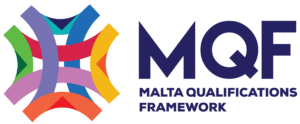No matter the level, the different opportunities which exist to work with people in human resources are various and applying the knowledge in each sector will allow participants to make a positive impact in the world of work. This module covers five HR specialisations which are required as a stepping stone for further work and development in the field. It introduces participants to the administrative aspect of managing people, the legal requirements and the admin structure required to support the management of people. Although very often ignored, administration is one aspect of the work which is required to ensure smooth running of any operation. It also serves as the foundation for many other human resources processes which are carried out. The module introduces employee relations and shows how the creation and maintenance of a positive working relationship between an organisation and its people is an essential ingredient for success. All this happens within a legal framework and a reference is made to this within the module. Participants are introduced to the various legislations which cover or impact employment and people management in Malta. Two other topics covered in this module are resourcing and learning and development. The first covers the important functions of identifying, attracting and recruiting the right people for the organisation including employer branding. The second topic addresses learning and development and the module introduces participants to how human resources professionals ensure workers have the knowledge, skills and experience required to fulfil both their personal as well as the organisation’s expectations.

